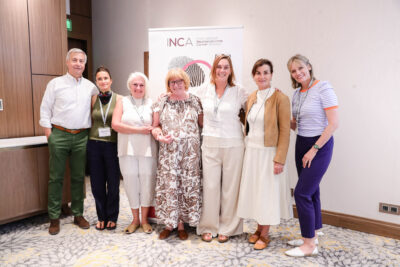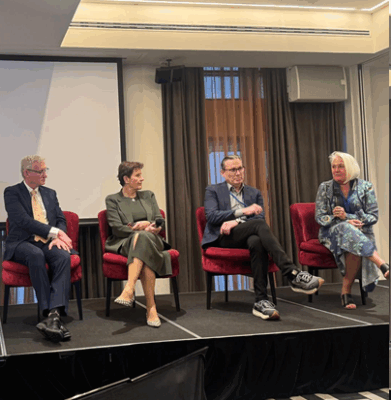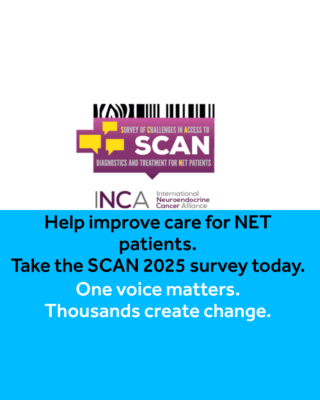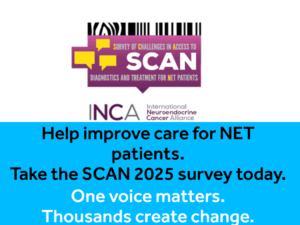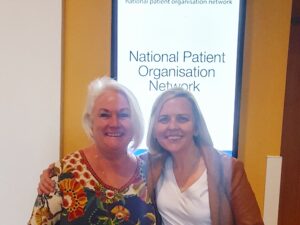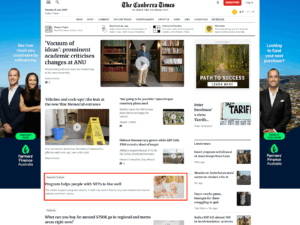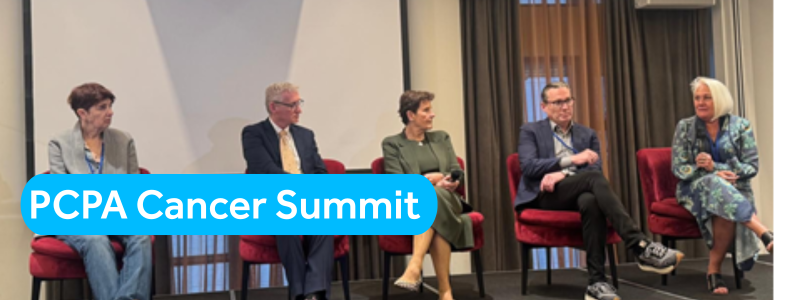
The Private Cancer Physicians of Australia (PCPA) hosted its Annual Meeting: Cancer Summit 2025 in Sydney on 13 September, bringing together clinicians, researchers, and health professionals to address the rapidly evolving landscape of cancer care. With a focus on overcoming barriers such as financial toxicity, regulatory hurdles, and geographical disparities, the summit emphasised collaboration, innovation, and education—including a new Advanced Trainee program led by the Emerging Leaders’ Advisory Board. The event combined in-depth scientific discussions with opportunities for networking, highlighting the shared commitment to advancing equitable, high-quality cancer care across Australia.
Our CEO, Meredith, participated as a panellist in the following discussion:
Access to Essential Cancer Drugs in the Private Sector: A Balancing Act
Facilitator: Dr Ian Irving – Chief Medical Officer, Icon Group; Clinical Haematologist, Icon Wesley
Focus for Panellists:
- Christopher Steer – Advocacy Strategies to Improve Drug Access
- Robyn Ward – The Role of PBAC in Drug Access
- Paul Cross – The Role of Clarity in Finding a Way Forward
- Liz de Somer – Patient Access Schemes & Their Limitations
- Meredith Cummins – The Power of Patient Advocacy
This session brought together very robust dialogue with clinical, policy, industry, and patient advocacy leaders to dissect the ongoing challenges and opportunities related to timely access to innovative cancer medicines for Australian private patients. There are growing complexities in funding pathways, regulatory hurdles, and the proliferation of high-cost, unfunded therapies, focus needs to be on surface pragmatic strategies and reforms that advance equitable access.
Key Objectives were –
- To explore the Funding Landscape including clarifying PBS, bridging funding, patient access schemes, and private funding mechanisms; identify persisting gaps.
- PBAC’s Critical Role – considering how PBAC decisions shape private access and where the system could evolve.
- Patient Access Schemes – how well do they serve patients and clinicians in practice, including transparency and sustainability.
- Advocacy & Policy Change – this aimed to identify how clinicians, patients, advocacy groups, and professional bodies can work together to accelerate reform.
- Communication & Influence – Explore the importance of aligned messages from clinicians, industry, patients, and media.
- Patient-Centricity – which centred the discussion on patient experience: balancing affordability, outcomes, and ethical access.
- Case in Point – The Riddle Drugs – acknowledging pan tumour access and others as examples of systemic misalignment.

